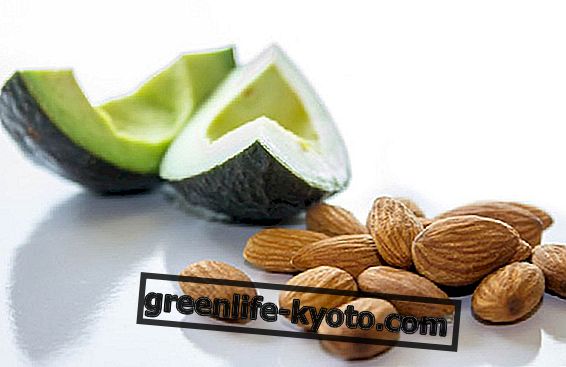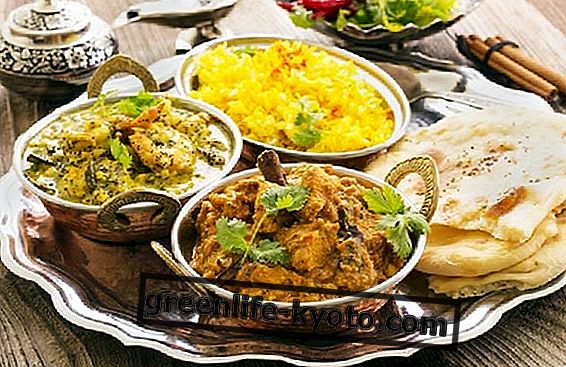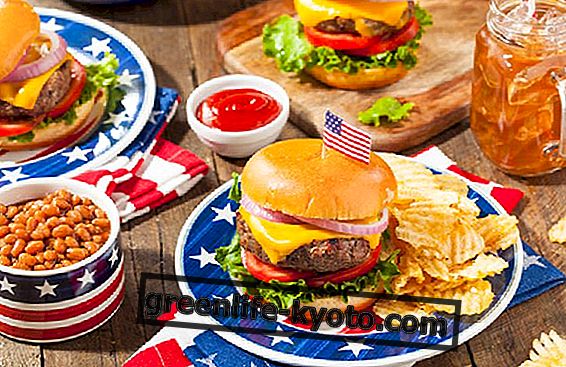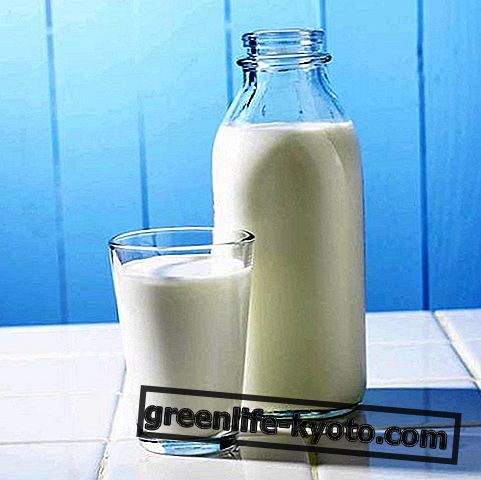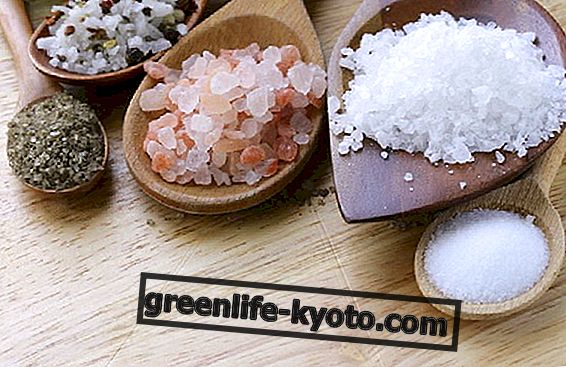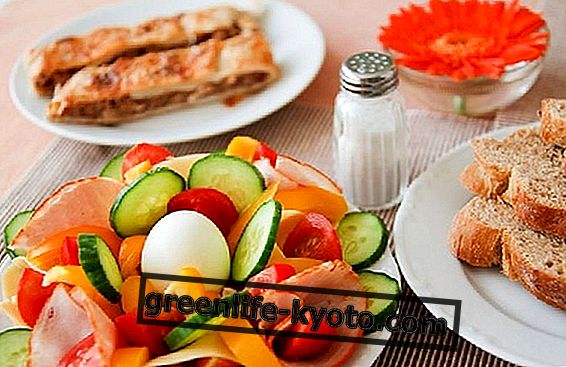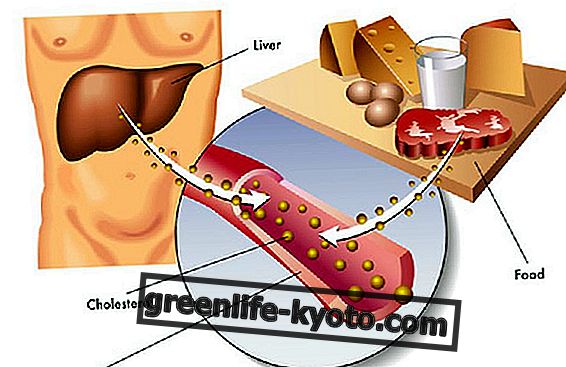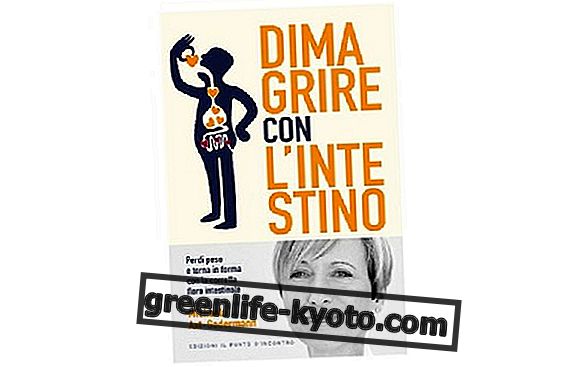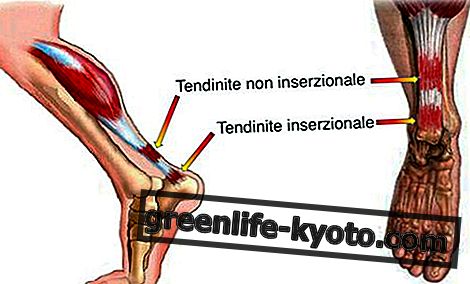
It can be very unpleasant, and anyone who has suffered from it knows it well, having a sudden attack of colitis just before a job interview, an exam in college, before an important appointment.
The intestine, the brain and emotions are closely connected, also from the biological point of view.
Nerve colitis is serious, to be treated from all points of view, not only intestinal.
While considering the phenomenon also from the emotional aspect, try to consider also the food.
Let's see what to eat and what not to eat in case of nervous colitis.
Nerve colitis: what to eat?
Given that the treatment of nervous colitis is primarily medical, and that there are foods well tolerated by some people and poorly tolerated by others, we see some foods that are usually tolerated and preferable in the case of colitis:
- Legumes: only if well cooked and mixed, or peeled or in flour form
- Fish: lean (eg cod)
- Extra virgin olive oil
- Cooked vegetables
- Non-sugary fruit (which ferments) eg orange, pompelm
- Whole grains, if tolerated; better to limit fiber-rich foods during periods of exacerbation of colitis, using refined grains, to reduce symptoms.
- Lean meats
- Eggs: maximum two per week
Food combinations for those suffering from irritable bowel
Nerve colitis: what not to eat?
In the case of colitis you will avoid all the foods that ferment in the intestine, the exciting substances and the spices that irritate the intestine itself, that is:
- Tea, coffee, cocoa and derivatives
- Sweet products, baked pastry
- Milk and derivatives
- Spicy spices (paprika, chilli, curry for example) raw garlic and onion
- Legumes with peel
- Dried fruit
- Sour and sugary fruit (grapes, figs, persimmons ...)
- Vegetables that promote the production of intestinal gas: Peppers, cabbage, broccoli, cauliflower
- Sweeteners (have laxative effects)
- Very fatty foods and condiments
Nerve colitis: good eating habits
In the case of nerve colitis, food tricks and additions of some nutrients lost in diarrheal episodes may be useful.
- Vitamin B12 supplementation, also in case of surgical removal of the ileum
- Integration with natural anti-inflammatories such as Omega3, from linseed or pumpkin oil
- Prebiotics and lactic ferments that promote the regrowth of the correct bacterial flora.
- Pay attention to cooking methods : avoid frying, excessively high temperatures and excess seasoning
- Drink about 10 glasses of water a day, especially during episodes of diarrhea, to restore body fluids, and during periods of constipation, to facilitate intestinal transit
- Try remedies such as mallow tea, linden or lemon balm or passionflower, which reduce inflammation, promote sleep and serenity.

